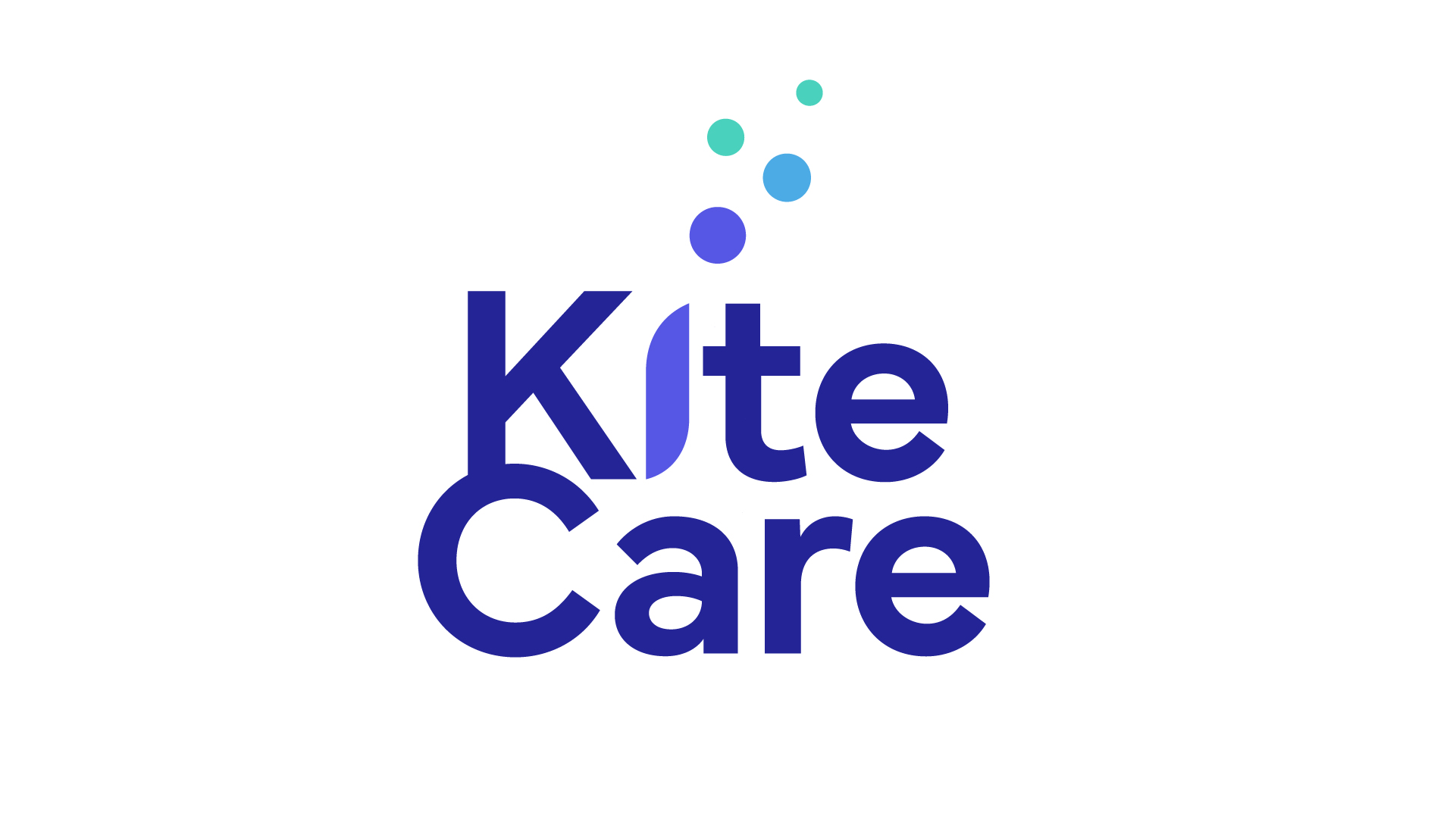The connection between mental health and physical health is gaining greater awareness in the minds of consumers. As such, the wellness market is thriving. More people are seeking fitness services and health products that cater to whole-body wellbeing and personal growth.

The pandemic also served to increase health consciousness in this country, and around the world. All of which makes for a great trend. For the most part.
Life coaching is one of those services riding the wellness wave, and this is where the movement gets a little sticky with me.
When life coaches stay out of the mental health arena, the profession can be beneficial to people who need help formulating personal and professional goals and setting up pathways to achieve them. However, too many life coaches see opportunity in the nationwide shortage of mental health therapists. Some life coaches are drifting out of their lanes and are offering mental health therapy without licenses.
Life coaching is also proving to be a tempting alternative for some mental health patients, too. Stuck with long wait times or with no access to a licensed therapist at all, opting for an immediate session with a life coach can be perceived as the next best thing or better than nothing.
Except that it isn’t.
Life coaches are not trained to recognize issues that might be rooted in mental health disorders. Advice, especially that which is not evidence based, could be harmful to their clients.
It’s a dangerous set of circumstances for many people and yet another ominous manifestation of the mental health crisis.
The life coach gets a push back
As the wellness industry balloons into a multi-trillion-dollar market in the U.S., life coaching continues as an unregulated industry. There are no standards for training and education. No license is required to be a life coach. It’s also not expensive to earn a life coach certificate.
Thankfully, many states recognize the dangerous intersection between life coaches and mental health therapists.
In 2025, Utah passed a law that gives mental health therapists the power to investigate and act against life coaches who are practicing unlawful therapy. New York, California, and North Carolina are also considering regulations for life coaching services.1
Establishing licensing and oversight would not only motivate life coaches to stay in their lanes, but also give their clients a pathway for recourse, should they need it. As of now, harmed clients get little, if any, help from state or federal laws.
Tools for success
With years of education, training, and experience, licensed mental health therapists have what they need in order to offer life coaching services. Life coaches, on the other hand, lack even the basic requirements—let alone licensing—to offer mental health therapy.
Life coaching is a natural extension of the licensed therapist’s skill set at Kite Care and at other mental health clinics with licensed therapists. Most importantly, licensed therapists are trained to spot indicators of mental health disorders such as anxiety or depression that may be getting in the way of a patient’s personal growth and achievement.
Established standards and regulations are in place to serve and protect both patients and mental health clinicians. And a licensed mental health provider will always distinguish for patients whether they are receiving therapy or life coaching advice.
More mental health clinicians are including life coaching in their services, not just for adults but for school-aged kids too. Healthy and safe life coaching advice is age-agnostic.
Awareness is key
My point here is not to trash an industry. To legitimate life coaches who stay within the boundaries of their practice, I wish you the best of luck.
That said, as long as the life coach sector continues unregulated and without standards, the onus is on psychologists, licensed mental health therapists, social workers, and school counselors to create awareness and understanding of the potential risks. Further, life coaches practicing mental health therapy without a license should be reported to state mental health licensing boards or to state consumer affairs divisions.
For clients and patients, my advice is to make the best of the wellness wave, but avoid the temptation to cut corners on your health. That could have dangerous consequences. Play it safe. Work at being more informed about the differences between life coaches and mental health therapists. Keep in mind also that the mental health clinicians at Kite Care can help you determine what kind of services best fit your personal needs.
Dr. Gabrielle Kirby, Psy.D, is the chief clinical officer at Kite Care.
